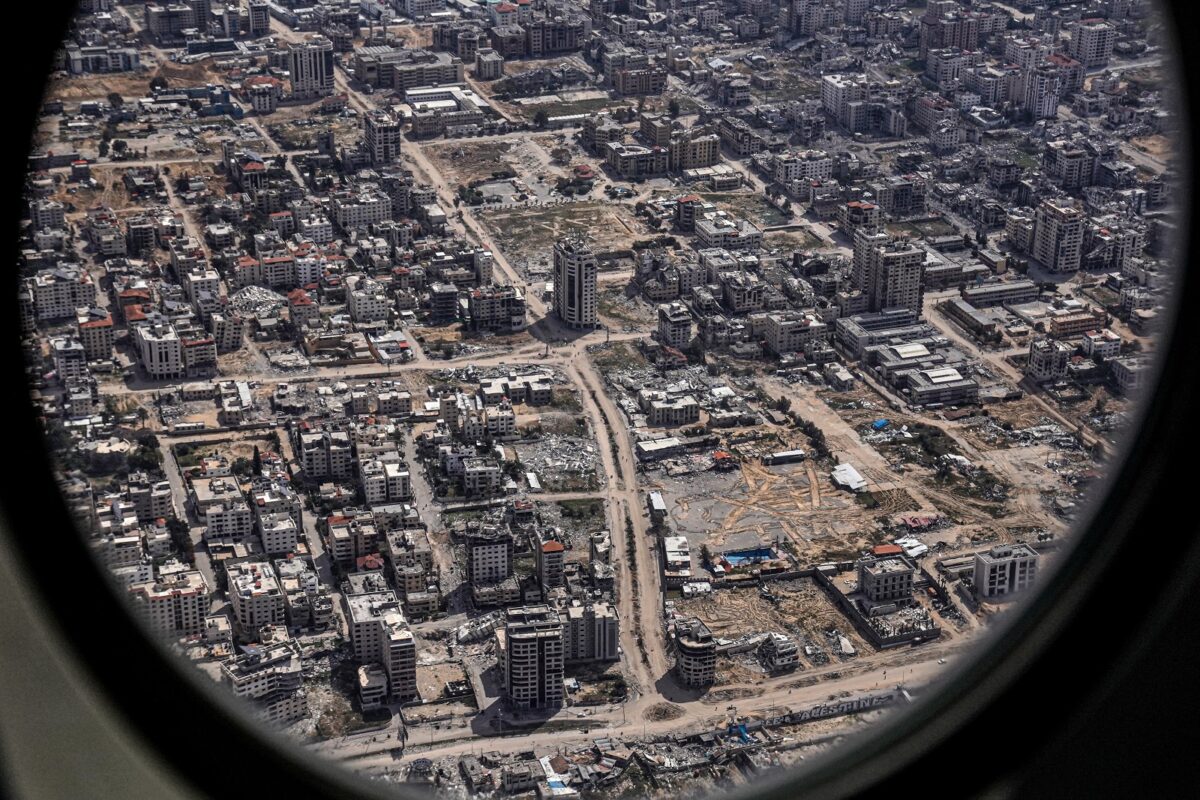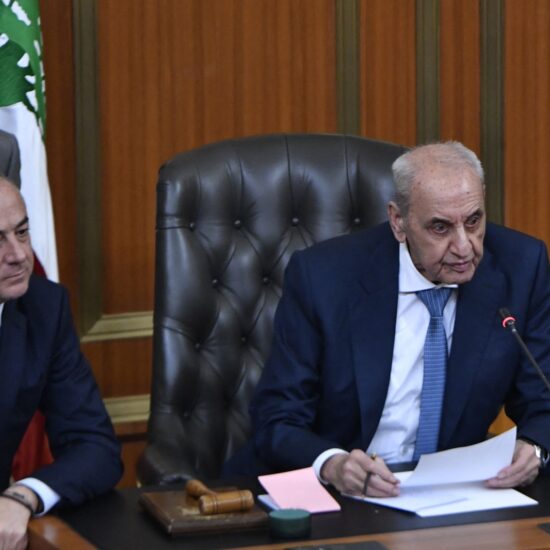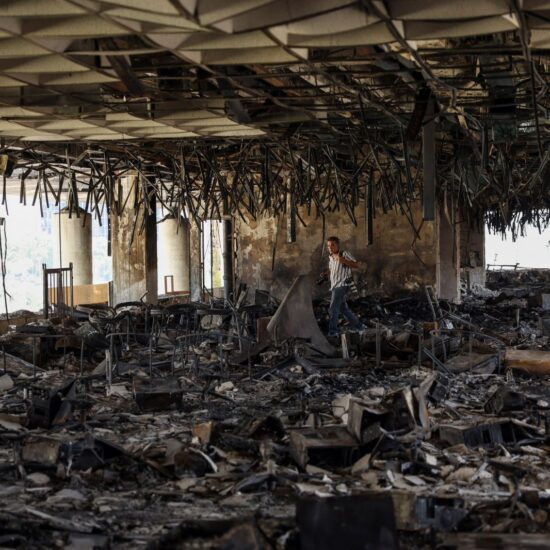
Exploring the invisible scars of a psychological battlefield
The conflict in Gaza has endured for decades, characterized by cyclical violence, political upheaval, and deep-seated grievances. Amidst this turmoil, a less visible but equally pernicious transformation occurs within the hearts and minds of those caught in the crossfire. As the international community debates resolutions and peace talks continue to falter, the people of Gaza face a daily reality where violence has become a normalized backdrop to their lives. This normalization has profound implications, not only for the present turmoil but for the future trajectory of the region.
The situation in Gaza is not just a political crisis; it is a psychological siege, where the constant barrage of violence has eroded the basic human instincts of empathy and compassion. This desensitization to violence, particularly impactful on the younger generation, threatens to entrench a cycle of aggression and retaliation, perpetuating the conflict for years to come.
Desensitization to Violence and Its Community Impact:
As violence becomes an everyday occurrence in Gaza, its inhabitants, particularly the youth, grow increasingly accustomed to it. This normalization process undermines the natural human responses to violence, fostering a community where aggression is expected and normalized. The psychological impact is profound, creating an environment where the next generation grows up with skewed perceptions of conflict and violence, potentially viewing aggressive responses as both justified and inevitable.
Youth and the Cycle of Aggression:
The youth of Gaza are particularly susceptible to the influences of their environment. Growing up amidst constant conflict, their formative experiences are framed by violence, shaping their worldviews and responses to perceived threats or injustice. As these young individuals mature, their ingrained perceptions and learned behaviors risk perpetuating the cycle of violence, with each act of aggression begetting further hostility.
The Erosion of Empathy:
Central to the issue of desensitization is the erosion of empathy—a fundamental human capacity to relate to and feel for others. In Gaza, where exposure to suffering and violence is relentless, there’s a risk that empathy becomes dulled, hindering the ability to see the humanity in others, particularly those labeled as adversaries. This diminished empathy can escalate conflict, as the suffering of opponents becomes less impactful or even irrelevant.
Intensifying Threat Perceptions Through Political Rhetoric:
While scientific understanding highlights how prolonged exposure to violence leads to desensitization and perpetuates conflict cycles, political actors often exacerbate these issues. In the volatile landscape of the war on Gaza, political leaders, especially those on the Israeli side, frequently employ rhetoric that amplifies feelings of threat and justifies retaliatory violence. This rhetoric legitimizes the narrative of reciprocal violence, suggesting that the only response to aggression is further aggression.
The Political Exploitation of Fear and Anger:
Politicians harnessing and fueling these sentiments manipulate basic human emotions such as fear and anger for their ends. By portraying their community as under constant threat, they create a siege mentality, fostering a context where aggressive defense measures are seen as necessary. This tactic mobilizes support through dehumanizing the perceived enemy, making the idea of peace seem naive or even treacherous.
Legitimizing Violence on All Sides:
This dynamic is not isolated; it creates a feedback loop of animosity and justification for violence that transcends borders and factions, spilling over into other contexts and affecting other groups. When one side uses violence and justifies it through political rhetoric, it inadvertently provides the other side with the same justification. Each act of violence and corresponding narrative of self-defense serves to legitimize the enemy’s narrative of resistance and retribution, trapping all sides in a cycle of escalation.
A Shared Human Tragedy:
This phenomenon is not unique to Gaza or to now but is a tragic aspect of human conflict globally across all times. The manipulation of fear and anger for political ends, the dehumanization of opponents, and the normalization of violence are patterns seen in various conflicts throughout history and across the world. These patterns undermine efforts to foster empathy, dialogue, and understanding, which are crucial for breaking the cycle of violence.
Towards Breaking the Cycle:
Addressing this deep-rooted cycle requires acknowledging the role of political rhetoric in perpetuating violence. It necessitates a concerted effort to challenge and change the narratives that justify and normalize violence. Politicians, community leaders, and influencers need to promote a narrative focused on peace, reconciliation, and mutual understanding.
Efforts to educate the public, particularly the youth, about the destructive consequences of such rhetoric and the importance of non-violent conflict resolution are vital. Halting immediate violence and engaging critically with political discourse are essential first steps. Such engagement, grounded in justice, accountability, and reconciliation, is essential for fostering empathy between communities. These actions pave the way for ending not just this perpetual conflict but others like it globally. Failure to take this path risks dooming us to relive the same tragic narratives—with different actors and settings, perhaps, but leading to the same cycle of conflict and sorrow. This choice stands before us: forge a new path toward peace or remain ensnared in the repetitive story of human misery.
Ramzi Abou Ismail is a political psychologist and researcher at the University of Kent.








